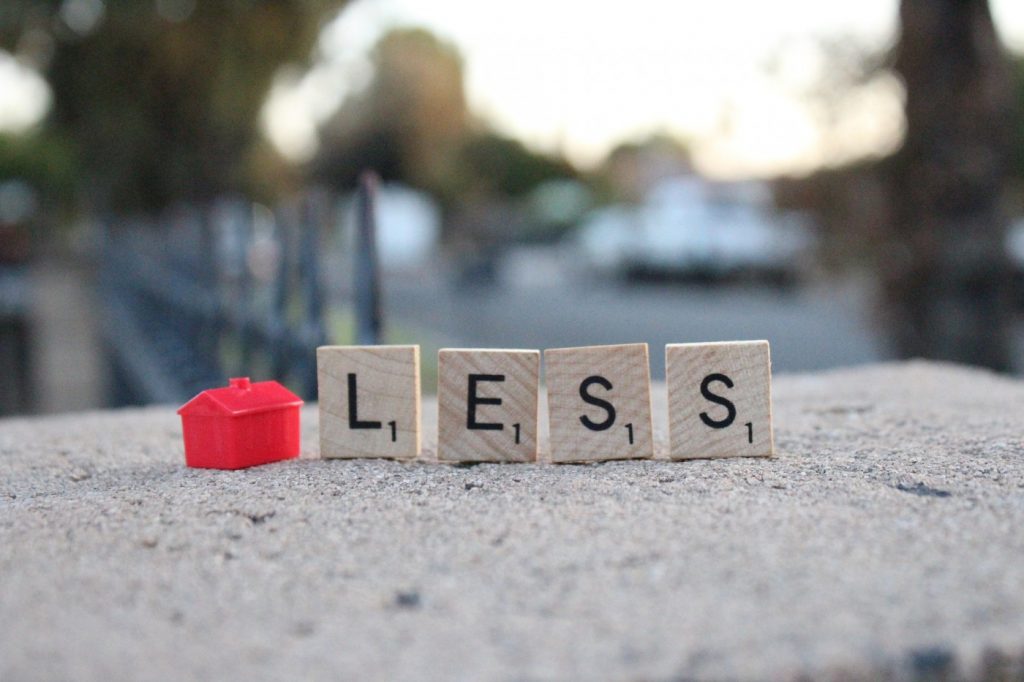Church Action on Poverty’s Liam Purcell talked about how these values are rooted in our faith tradition, and invited theologian Philomena Cullen to reflect on them from her own perspective. Here’s an outline of their conversation.
Liam Purcell:
Human dignity is central because all human beings are created in the image and likeness of God – or as Quakers would say, ‘there is that of God in everyone’.
We’re inspired by traditions like liberation theology and the lead that Pope Francis has taken. In encyclicals like Laudato Si’ and Fratelli Tutti, he has placed human dignity and the human rights of all at the centre of his ministry.
The United Nations agrees that poverty is not only deprivation of economic or material resources but a violation of human dignity too.
The concept of human dignity is based on a particular pattern of perception: of perceiving humans as beings rather than things. The thing about dignity, and the reason it is a transformational concept, is that it knows no social, economic, gender or ethnic barriers.
Dignity is not something that can be given, but it is very definitely something that can be taken away. People talked earlier about the importance of being treated with respect, and the impact if you’re not.
This is not just a question for the way the state interacts with its citizens, for employers, the media or society at large, but it is also a question we have to address to ourselves as churches.
So we’ve been asking in our work over the past couple of years – How can our own actions as churches better affirm the dignity of people at the margins?
Philomena Cullen:
Firstly, my sincere thanks to Church Action on Poverty for inviting me to share a few thoughts about my own personal reflections to their new strategic words of dignity, agency and power. Like everyone else, I am receiving these words ‘cold’ – I haven’t been part of Church Action on Poverty’s decision making to focus on these terms – although, like Church Action on Poverty, I’m generally, instinctively hopeful of their potential to help Church Action on Poverty move from “a moment, to a movement”, of change.
I’m also genuinely impressed by the bravery of Church Action on Poverty to use a conference, like this, as a method of meaning discernment – my definition of a conference is usually the confusion of one speaker multiplied by the number of people present! Anyway, fingers crossed for less conceptual uncertainty by the end of our conversations today…
As a Catholic theologian, I’m aware of the richness of my tradition which affirms the full personhood, dignity, and equality of all human beings in the eyes of God. Pope John Paul II summarizes what this means when he writes that:
“For believers, dignity and the rights that stem from it are solidly grounded in the truth of the human being’s creation in the image and likeness of God.”
So, my starting point in understanding human dignity is essentially the same as Church Action on Poverty’s – namely, the extraordinarily significant belief that each and every human being, created ‘in the image of God’, has intrinsic and incalculable worth, and must live and be treated by others accordingly – i.e. must act responsibly and have a wide range of human rights respected.
I also love the related idea in CST that the value of the person is not just by number – a person has value – but rather, value is given in that person’s specific and particular personhood: our ‘unique unrepeatable human reality, which keeps intact the image and likeness of God” to quote CST. Human dignity then, doesn’t mean that we are all rendered the same – we each have to fulfill our own created identity as a child of God, knowing that ultimately the dignity of the human person is inherently oriented towards God – our ‘full destiny’.
So far so good. But where I’d want to part company from Church Action on Poverty’s current understanding is in the idea that our human dignity can ever be ‘taken away’. The seemingly benign idea that human rights are needed for a life of dignity, is actually very worrying, because implicitly it suggests that those who are deprived of all human rights are not truly human.
Instead, I’m with theologians like Tina Beattie and others, who have argued that precisely because the Christian understanding of human dignity is ontological – an essential, intrinsic part of our being – that means that although our associated human rights may be violated, nonetheless our God given dignity is always intact, however diminished or humiliated, certain bad treatment of us may make us feel. No person or institution like the state has the power to grant or withhold my human dignity. So I’d caution Church Action on Poverty to rethink a bit here. A Christian understanding of human dignity actually surpasses that of any secular theory of human rights or dignity, because it is not dependent on either citizenship or rights. That why various theologians have suggested that dignity is a better basis of a fruitful dialogue between the Church and the secular world , because it offers a better starting point for discussions of justice than the idea of the rights-bearing human.
Liam Purcell:
To be truly human means not only being invested with dignity, but also with agency.
Agency is about people’s ability to act individually or collectively to further their own interests. Agency is tricky.
People on the right seek to blame people for their own poverty, without understanding the wider forces which come into play on peoples lives to restrict their agency to act. People on the left can focus so much on structural forces that create poverty and inequality, they risk denying people any agency to change anything.
In our experience, people who struggle against poverty on a daily basis have far greater insight not just into the challenges they face, but a really deep understanding of what needs to change, and some of the best ideas for doing so. But as we heard from people earlier, fear and shame and other barriers prevent people exercising agency.
Coming back to the Church, who decides what the Church has got to do and say about these issues? Who interprets what the gospel has to say to people on the margins?
Even when churches offer solutions to poverty, they often do it in a way that ignores or denies the agency of people in poverty. We’ve been pleased to see church leaders like Rachel Lampard in the Methodist Church challenging churches to see people in poverty as more than just passive recipients of our charity.
Our big challenge to the churches is – What would it look like if our reading of the gospel and our mission strategies firstly prioritised poor communities – and even better if they were actually in the hands of those on the margins?
For inspiration we could look to the base communities in Latin America that interpreted and retold the Gospels in their own contexts.
Phil Cullen:
I’d absolutely agree with Liam that the idea of agency is ‘tricky’. In fact, I’d go as far as to suggest it is so problematic, that strategically, its use might be best avoided by Church Action on Poverty.
Human agency entails the claim that humans do in fact make decisions and enact them on the world, that we are, as CST encourages, the ‘artisans of our own destiny’. But structures (by which a mean a range of practices, behaviours, institutions, social norms etc..) also exist, and have determinant force. So how far the human person has the capacity to act in any given environment remains an unresolved and enduring debate that rages particularly in the worlds of philosophy, law, psychology, sociology and ethics.
Just how far do poor people in the UK, for instance, feel they are in control of their lives? And how far does individual belief or aspiration shape a person’s actual future possibilities or choices?
In his book on the history of Christian spirituality, The Wound of Knowledge, Rowan Williams describes Augustine’s understanding of human agency. He writes: “Augustine is less concerned than almost any of the Greek Fathers with freedom…. The human subject is indeed a mystery…[Augustine] confronts…the unpalatable truth that… the human subject is a point in a vast structure of forces whose operation is tantalisingly obscure to the reason. Human reality is acted upon at least as much as acting”.
In everyday life, we usually sidestep the many important debates entailed in the idea of human agency, by just assuming some sort of ill-defined, constant interaction between agency and environment – agency determines structure which determines the possibilities for the expression of agency and so on, ad infinitum. We operate by basically accepting the Enlightenment idea that human agency exists within tight constraints but is free within those constraints – or ‘the bounded circle of agency’ as some thinkers term this. It’s an assumption that governs most of our social institutions; so, for example, our criminal law system assumes absolute individual responsibility for actions once constraints of circumstance and environment are imprecisely, and partially, considered. But having spent enough time in our prisons, this huge over assumption of human agency leaves me feeling very uncomfortable, precisely because of its potential for widespread injustice.
Furthermore, aside from the problem of the sheer mind-blowing complexity of the term, I’m also concerned that excessive claims to human agency risk losing sight of the more fundamental theological claim, that we are ‘persons-in-relation’. That it is our relationality and human connectedness, rather than our individual autonomy, that would be better emphasised by CAP. So I’d personally prefer the current assertion of agency to be replaced with ‘participation’ or ‘solidarity’ or ‘co-creation’, or any other number of terms that highlight that our lives are lived fundamentally in relation to each other. And the awareness that we first and foremost need always to be orientated back to the centrality of our responsibilities and duties to others and to our planet.
Liam Purcell:
Folk in the churches often have a problem with the idea of power. It makes us uneasy. But I’m reliably told that there are more references to power in the Bible than to prayer.
When we were involved in community organising, we learned to see power, in Martin Luther King’s words, as “The ability to achieve a purpose… It is the strength required to bring about social, political, and economic change.”
We like to focus more on loving our neighbours, than on wanting to claim or challenge power. But again, Martin Luther King challenges us to think differently: “Power without love is reckless and abusive, and love without power is sentimental and anaemic. Power at its best is love implementing the demands of justice, and justice at its best is power correcting everything that stands against love.”
Transforming unjust structures is core to the mission of the church, as one of the five marks of mission that both the Council for World Mission and the Anglican Communion have adopted. But churches don’t always pay as much attention to this mark of mission as they might. And if we are serious about transforming the unjust structures then we have to be willing not just to speak truth to power, but to enable people to do so for themselves.
So, in what ways are we prepared to enable people on the margins to realise and claim their own collective ability to speak truth to power? That’s been central to our work for a long time – how can the churches do it better too?
Philomena Cullen:
I completely agree with Liam’s sense of the reticence, and even sometimes, downright ‘squeamishness’ that often exists in Church circles in terms of acknowledging the centrality of power. Our operating norms around politeness are generally effective at obscuring the ‘power play’ that is always at work in our shared life together.
So while we usually have a really complex relationship with the term “power”, not to mention our actual experiences of power, I nonetheless think we should start with a basically neutral definition of power. Power as ‘the ability to influence the behaviour, thoughts, emotions and attitudes of other people”, is not inherently good or bad in nature. Rather, it is how it is used that sometimes makes it destructive and dangerous.
So Church Action on Poverty is absolutely right in my opinion to emphasise power as one of its strategic words. In our unjust economic and social systems, power is most usually exercised, as a negative ‘power over’. We get things done by exerting our power as authority, might, control, force and domination against ‘the other’. People who use ‘power over’, work from the premise that power is finite, and so, it has to be hoarded and protected. And the primary tool used to protect power, is fear.
By contrast, marginalised groups within the Church, have been active in envisioning very different forms of power. Many feminist theologians for example, have retrieved an understanding of power as ‘power with’, ‘power to’, and ‘power within’. In feminist thought, power is “limitless, infinite, and has nothing to do with competition or control over another”. When power is shared, it actually regenerates and expands. Hence the call for women to bind together to share their power collectively, as the collective helps break us free from powerlessness and subordination. And even God is understood as the eternally creative source of these forms of relational power – Jesus teaches us a new concept of power as service, mutuality and reciprocity in an inclusive community of love.
So I’m grateful that in choosing to highlight, ‘power’, Church Action on Poverty is in effect calling us all to become more adept at recognising how power is used for good and ill in our church and wider communities. Church Action on Poverty is right that we need to do need to become more ‘power-conscious’ – more alert to the possibility of power manifestations and conflicts which are rarely overt and obvious in our church communities, but which we know do untold harm and damage. So yes, let’s be braver in resisting all our own, and others, exercises of exploitative, manipulative and competitive power. Let’s reach instead for a relational sharing of power, especially with those who are different to ourselves, and know that this is the only way we are ever going to change and redeem our world.



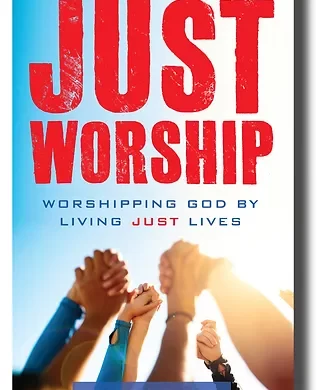
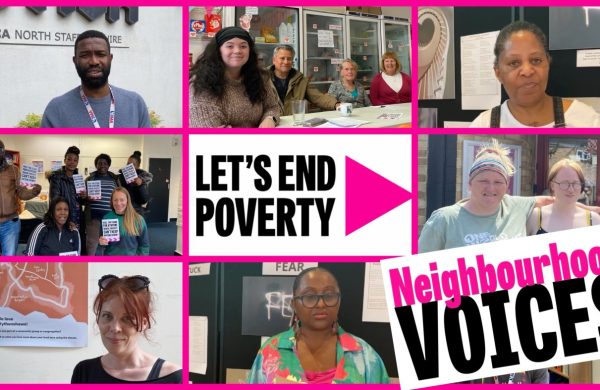
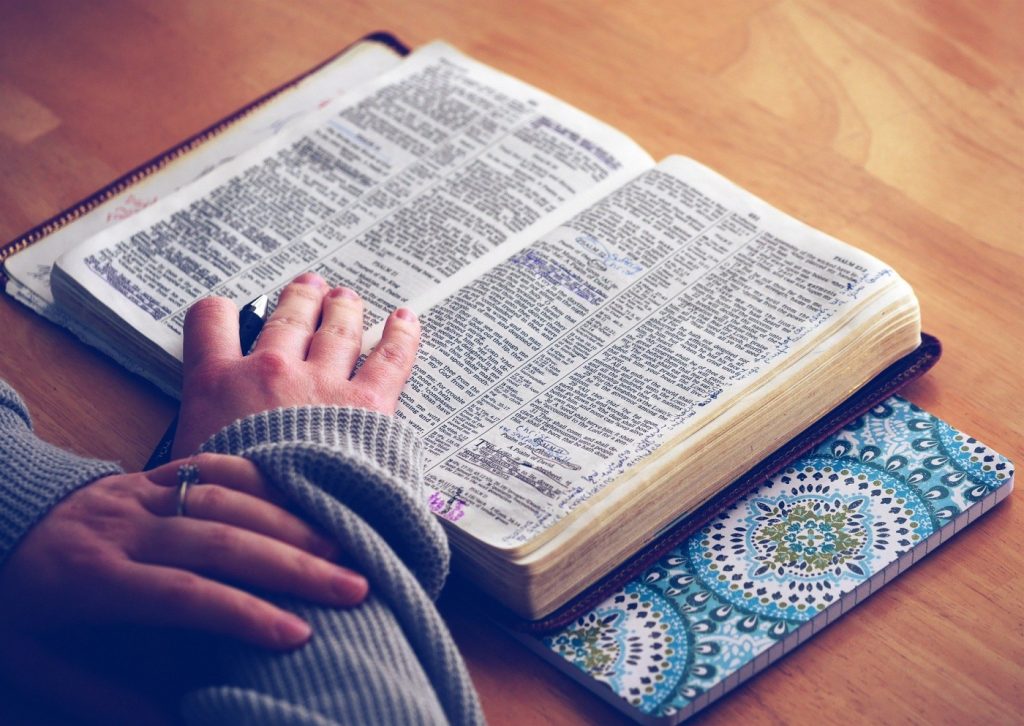
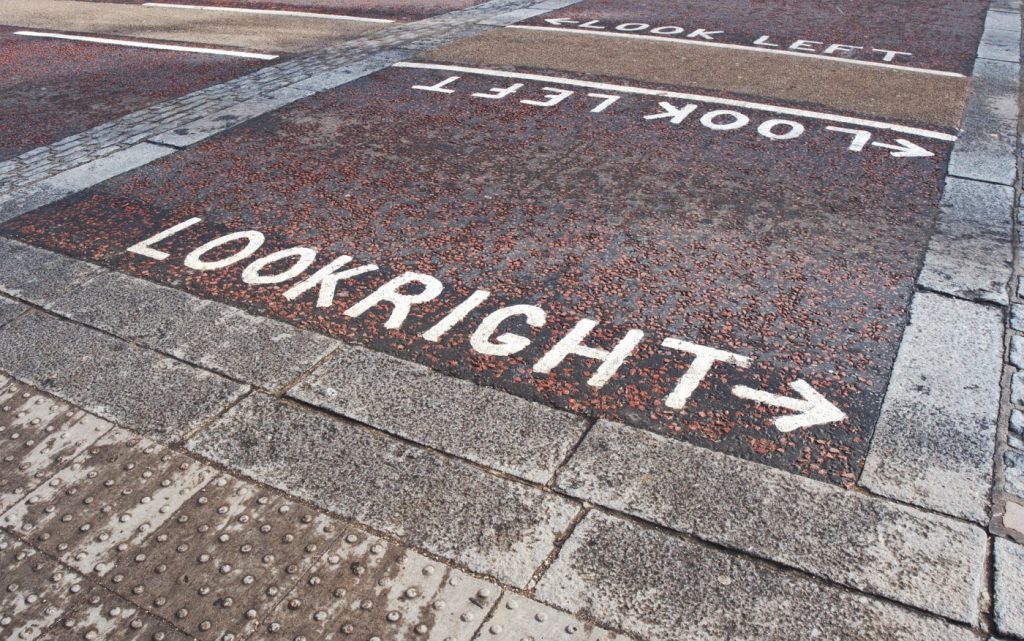

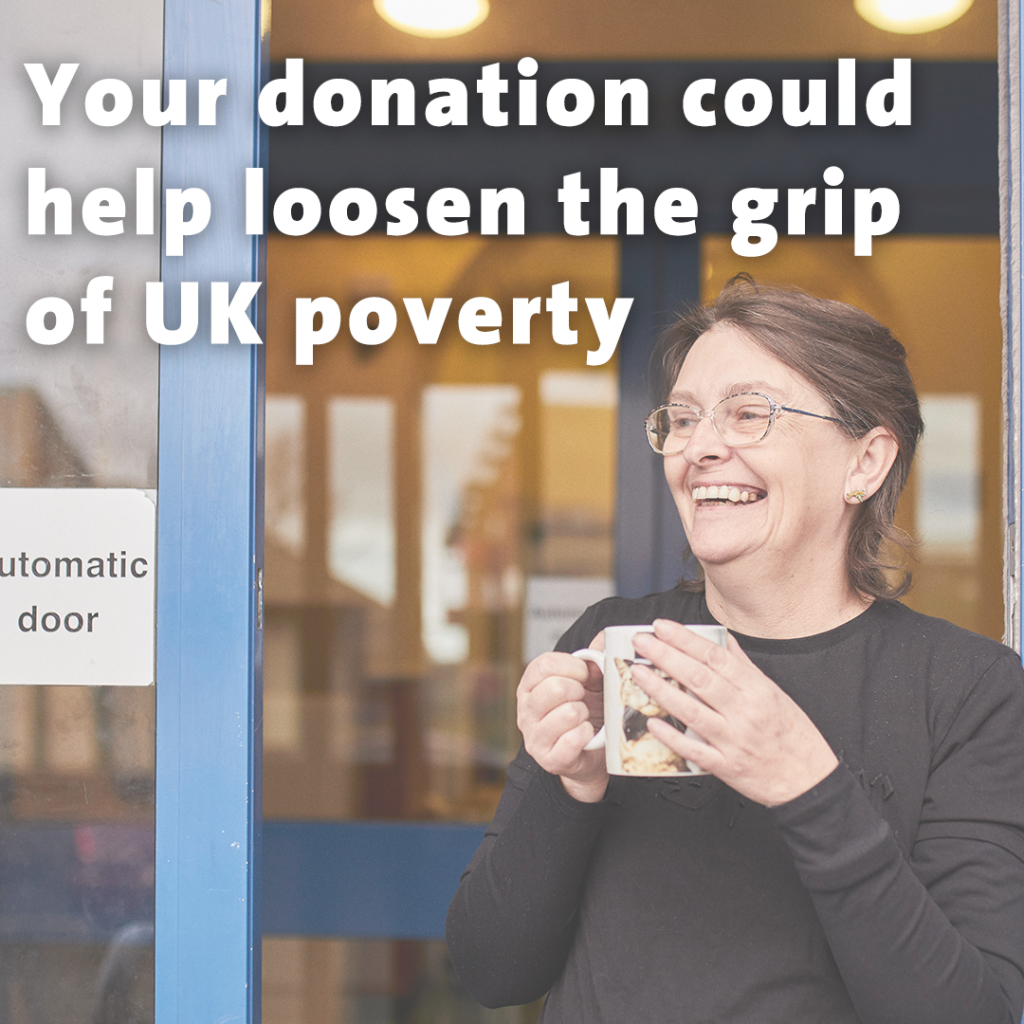
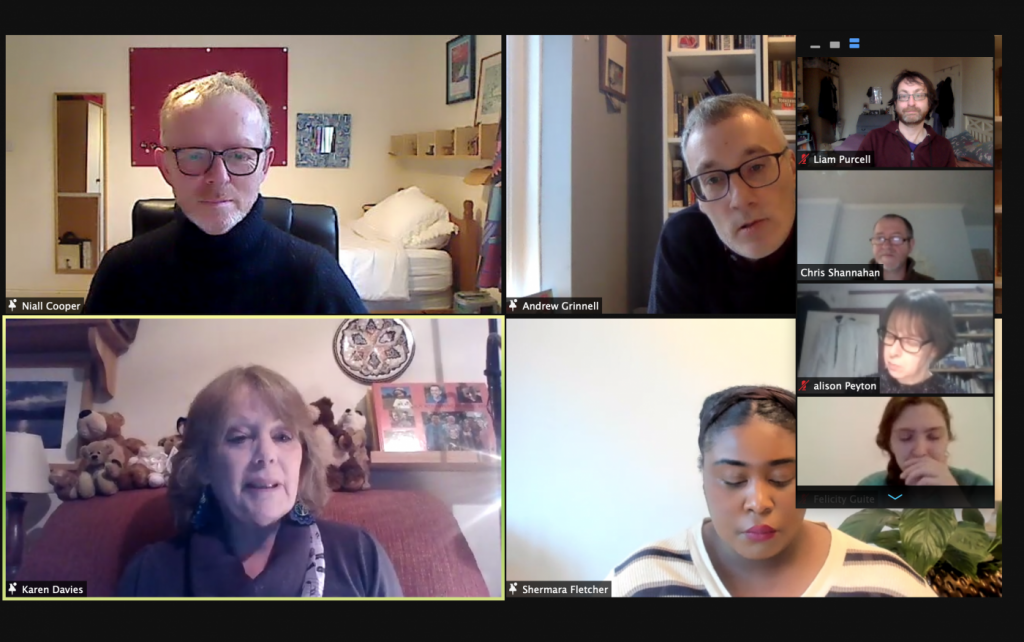

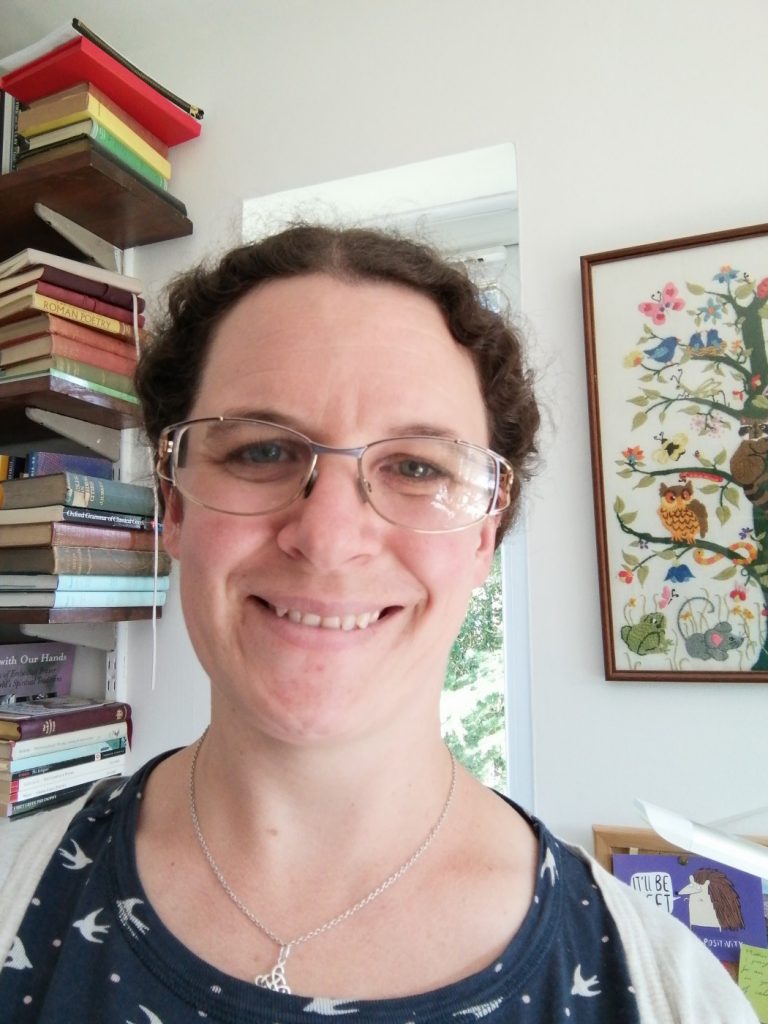
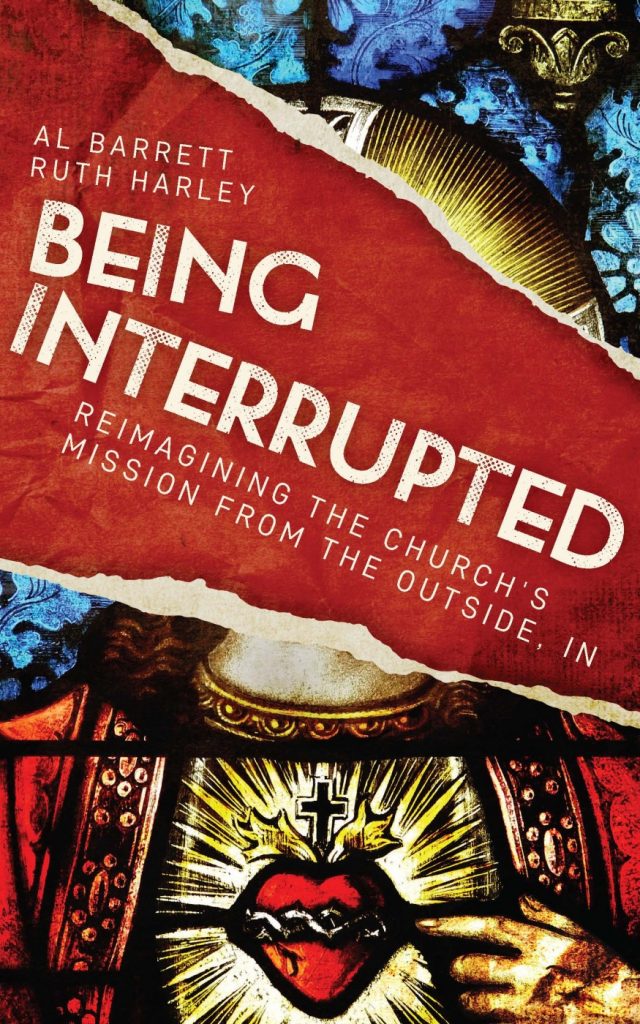
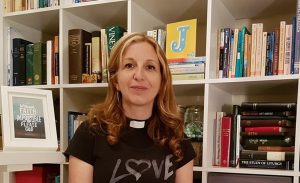 Rev Jules Middleton, Associate Vicar at Trinity, Lewes, responds to the child hunger debate
Rev Jules Middleton, Associate Vicar at Trinity, Lewes, responds to the child hunger debate
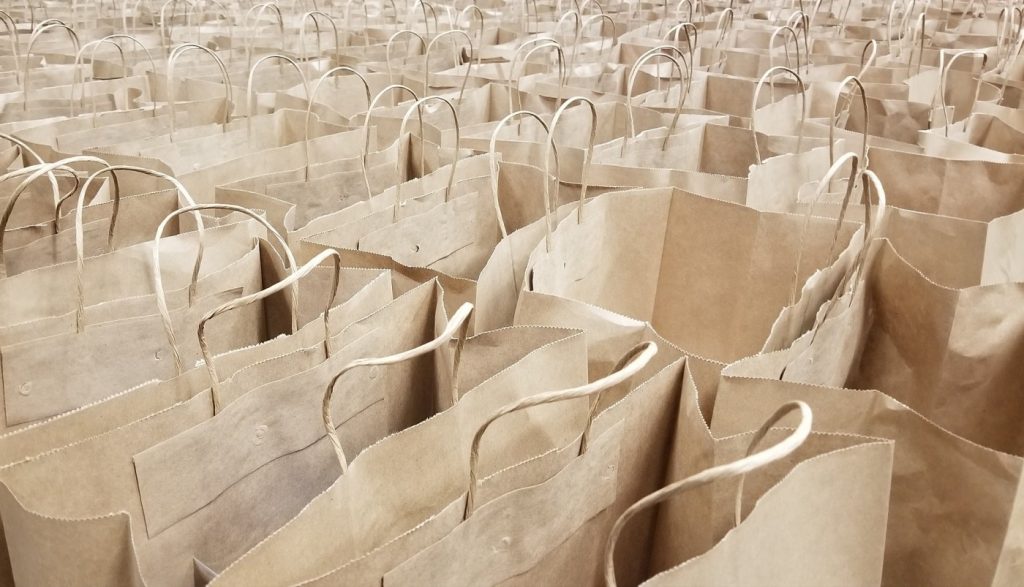
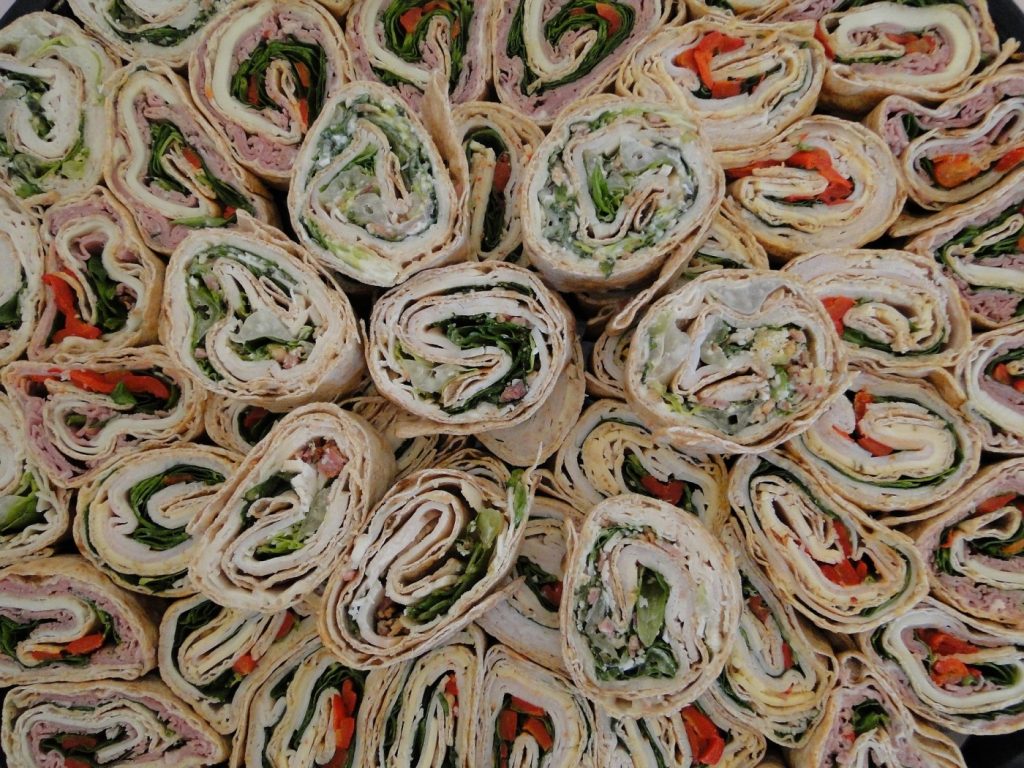

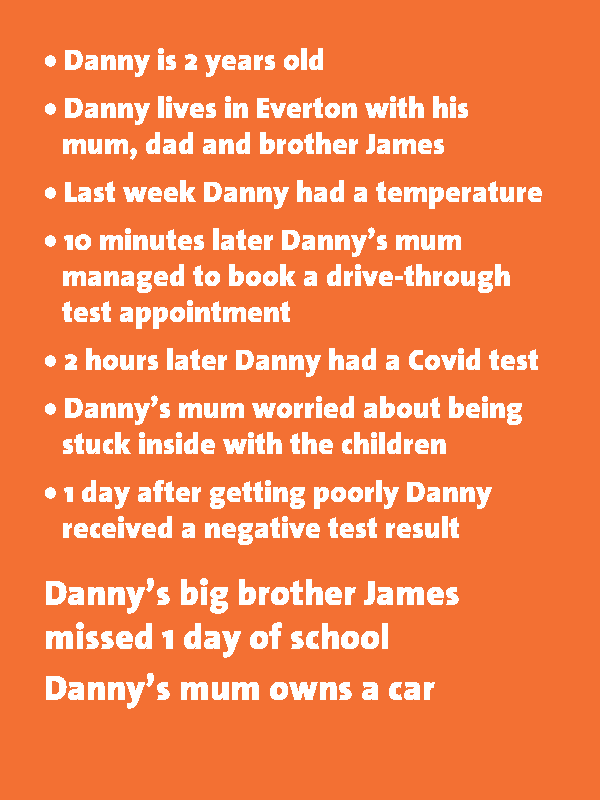
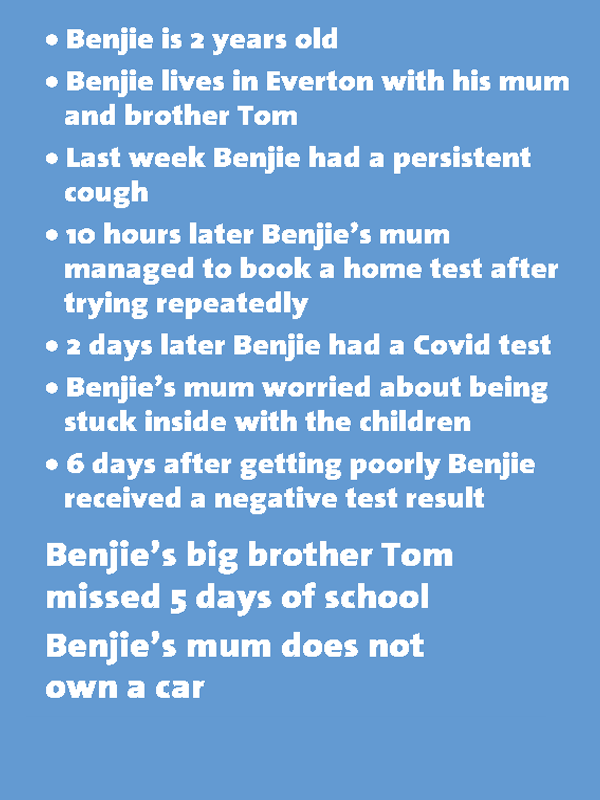
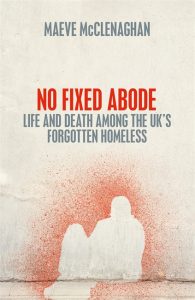 No Fixed Abode by Maeve McClenaghan is published this month. It tells the stories of many people who have been pushed into homelessness and who have died or lost friends – and it challenges us all to make this a turning point.
No Fixed Abode by Maeve McClenaghan is published this month. It tells the stories of many people who have been pushed into homelessness and who have died or lost friends – and it challenges us all to make this a turning point.